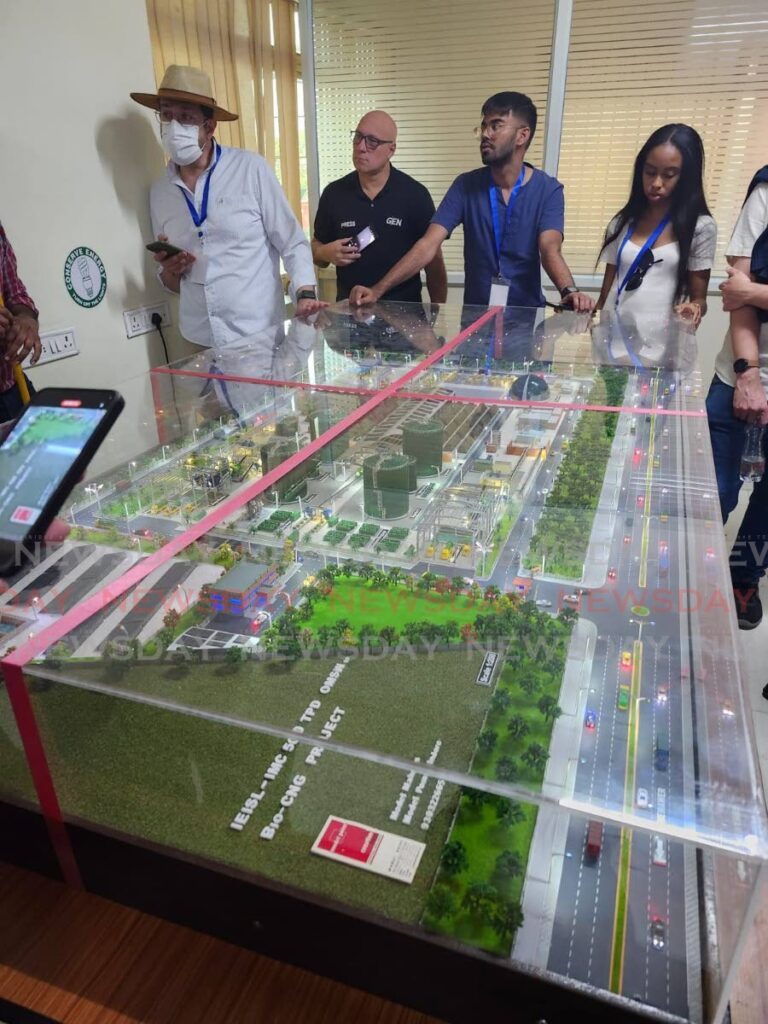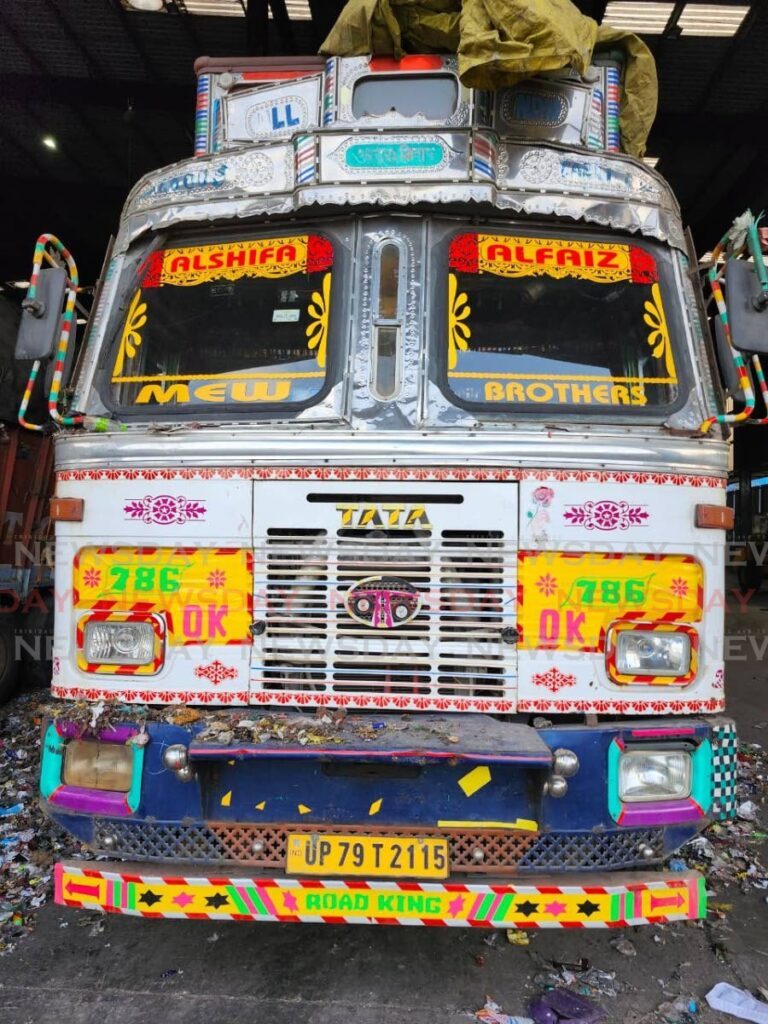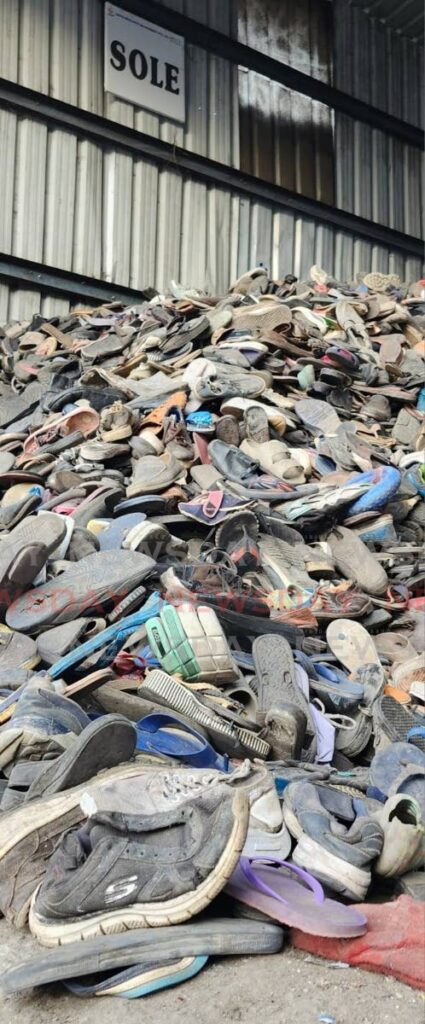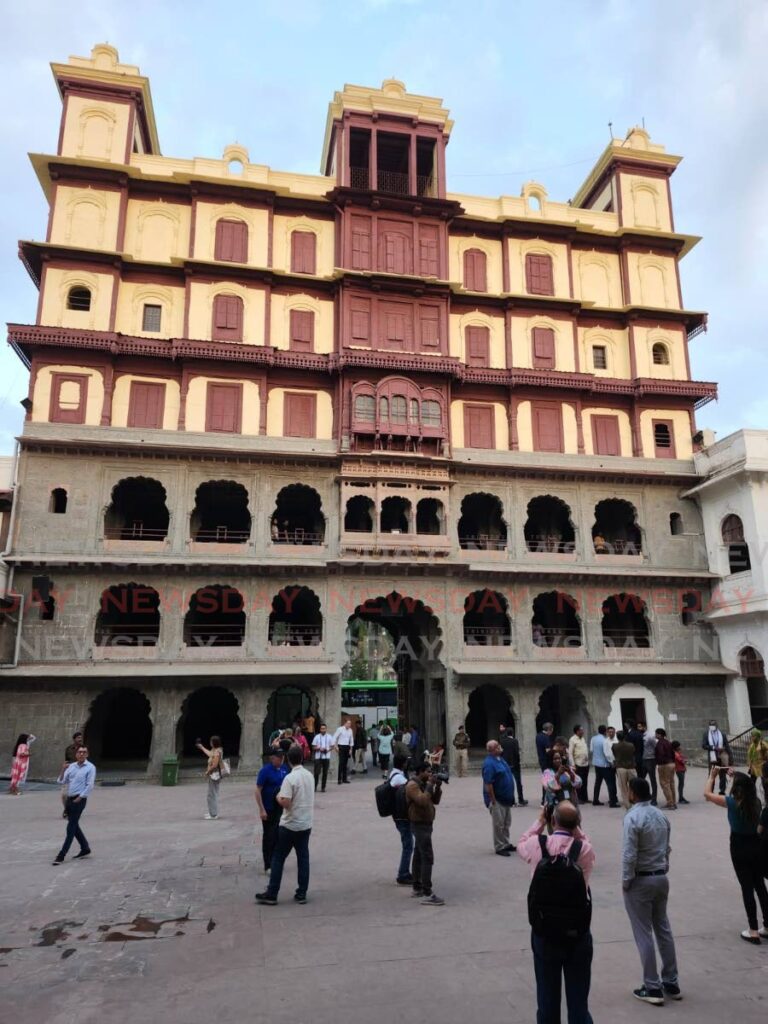How Indian city of Indore got clean and kept record for 7 years

India's west-central city of Indore is a perfect example of what determination and buy-in from the citizenry can do when it comes to cleanliness and effective and efficient waste management.
For the seventh year in a row, the city of 3.5 million was adjudged India’s cleanest – no mean feat considering that when the award launched eight years ago, Indore was languishing in 25th position.
A team of Latin American and Caribbean journalists, on a media familiarisation tour arranged by the Indian government’s Ministry of External Affairs, left Delhi on February 21 and flew to Indore.
The following day, the team visited the headquarters of Smart City Indore, the brains behind the city’s waste management clean-up and recycling. Its CEO Divyank Singh and solid waste management expert Shraddha Tomar explained how things are done.
In 2014, the Government launched its Swatch Bharat Mission (Clean India Mission) saw one of the main objectives being to create open-defecation-free towns by constructing thousands of individual, community and public toilets. This was coupled with an aggressive focus on a more scientific approach to solid waste management.
For decades, India’s mighty rivers, including the Ganges and the Yamuna, were well-known as being among the most polluted in the world.
Human waste, including excreta, was the chief culprit and Prime Minister Narendra Modi’s launch of the Swatch Bharat was aimed at reversing this.
Tomar said one of the first strategies employed by Smart City Indore, working in collaboration with the city’s municipal corporation (IMC), was to go door-to-door and speak with the people who live, work, and contribute to Indore’s daily output of over 1 million metric tonnes of solid waste.
“We recognised from early on in the project, in 2015, that we had to change the mindset of the producers of this waste and get their buy-in to the concept of effective and efficient collection and recycling of solid waste,” CEO Singh said.

It was not an easy task, Tomar interjected, especially as for decades – given its brutal and dehumanising colonial past – average Indians were deeply mistrustful of officialdom.
“But we persevered and with 800 volunteers doing one-to-one interaction, we gained the faith of the public. We hired expert NGOs to do a comprehensive city profiling so we could better understand the scope of work we had to undertake,” Tomar said.
One of the ways Indore Smart City and the IMS (Indore Municipal Corporation) were able to change the mindset of the people was to formulate and implement a system to take complaints from the public and action them within a specified time frame.
“When they saw we were serious not only about dealing with them but also listening to them, listening to their complaints and their solutions, the public bought in fully into the concept of proper waste management,” Tomar said.
Within a year of the launch of the clean city initiative, Indore went bin-free.

An army of over 10,000 paid city sweepers, working in different shifts, and aided by over 800 cleaning, garbage-collecting and electronic sweeping machinery, clean every piece of road and pavement in the entire city, 24/7.
The buy-in was so complete that average citizens now pay Smart City Indore and the IMC to collect their waste at the source – be it in the house, the workplace or in a communal setting. All garbage, whether food by-products, human waste, or sanitary feminine items… everything is collected.
Compost used for farming
Indore is divided into 85 wards and 19 zones for solid waste management.
Waste is collected daily in a segregated manner ie waste is separated at the source depending on bio-degradability and content.
On average, according to Smart City Indore, total waste generation daily is 1.1 metric tonnes. Of this, 58.25 per cent is wet or organic waste, 41.75 per cent is dry waste and 0.5 per cent is household hazardous and sanitary waste.
India’s largest source-segregated bio-CNG plant, managed by EverEnviro with its client being Smart City Indore and the Indore Municipal Corporation, is where the collected waste is sent to be recycled either in bio-generated compressed natural gas (CNG) or compost for farming and soil-revitalisation.
Following the meeting with the Smart City Indore Executives, the journalists were taken via bus to the bio-CNG plant.
Many of the journalists were immediately affected by the scent of waste at the collection site of the plant, with some retching, while others quickly put on face masks.
Truth be told, it was no different to the scent one gets when driving along the Beetham Highway near the landfill.
Brightly coloured trucks which transported the waste to the bio-CNG recycling plant reversed into a massive warehouse where they emptied their contents onto mountains of waste so high that tractors rode on them to evenly distribute the material so that they could be easily transported on conveyor belts to various collection areas for conversion.

The plant has a capacity of 500 tonnes per day of source-segregated waste, which after the conversion process, sees 17,000 kilos of bio-CNG sourced daily, which is then sold to be used as fuel for vehicles including the ever-popular three-wheeled rickshaws and to industries where production requires such type of fuel.
The almost 100 tonnes of compost manure collected daily, is then used by Indore’s farmers in agriculture and also in the replenishing of nutrients for depleted soil.
This means an average of 13,000 tonnes of C02 (carbon dioxide) is eliminated from the air annually.
This proactive approach to solid waste management means that Smart City Indore is self-sufficient in that money earned from door-to-door garbage collection pays for its day-to-day operations.
Money earned from the sale of bio-CNG and compost is also ploughed back into the city by way of improvements to infrastructure and innovation in energy sources through the acquisition and use of solar panels in and around the city.
The Indore Municipal Corporation’s 244 crore (2.44 billion rupees) bond on the Indian Stock Exchange was oversubscribed by 700 crore (7 billion rupees) after it got approval to be listed by the Securities and Exchange Commission of India.

“The story of Indore’s success in winning the India cleanest city award seven years in a row is one where we listened to the people, we earned their trust and now, they and the entire city are benefiting from this partnership,” Smart City Indore CEO Singh said.
The group was later taken to the Rajwada Palace in the city’s centre, which is easily its main attraction.
According to online research, this palace was built over 270 years ago by the Holkars of the Maratha empire.
The Holkars were a family that was part of the Maratha Empire. After that empire weakened due to infighting, the Holkars declared themselves rulers of Indore and existed as autonomous members of the empire. Their kingdom later became a princely state under the protectorate of British India.

Comments
"How Indian city of Indore got clean and kept record for 7 years"